Biodiversity studies have gained prominence and momentum in recent times in view of their direct bearing on enumeration, conservation and management of bioresources. India being a megadiversity country possess 1,27000 species of microorganisms, plants and animals and is rightly geared towards a multidisciplinary thrust for monitoring, mapping and management of biodiversity. As a signatory to convention on biodiversity India is committed to sustainability in terms of habitat restoration, conservation of biodiversity and benefit sharing. A multi-agency action plan is on the anvil with the National Biodiversity Authority as the focal point which has to necessarily take inputs from the data generated based on diverse areas such as plant and animal systematic, remote sensing, biogeography, bioprosrecting, bioscreening, info-networking, modelling, IPR, legislation and management practices. Time has come to evolve participatory conservation practices by involving local communities and NTFP pickers in protection of biodiversity rather than by their exclusion. Some efforts to involve people is evidenced by the joint forest management introduced in some states but such programmes will succeed only if the vested interests and the loan sharks are kept out. The community knowledge of bioresources has to be culled, verified and chronicled so as to develop bioresource maps. This intern helps in formulating location specific management plans for conserving biodiversity. Empowerment of people to become stakeholders is the need of the hour. People should take over the role of eco-managers and environment wardens. The "Ecosystem people who depend for their livelihood on Non-Wood Forest Products (NWFP) are displaced as 'Ecological refugees' move to cities as slum dwellers due to unbriddled greed of 'Omnivores'. The 'Iron triangle' of Madhav Gadgil responsible for the plight of rural innocent folk, victims of unethical practices will have to be eliminated by inducing confidence in artisan communities of rural India. Participatory approach to this problem is to be initiated by representatives of Govt. agencies, non-Govt. organisations and stake holders. A brain storming colloquium on biodiversity was held at Sri Venkateswara University, Tirupati sponsored by Department of Science and Technology, Govt. of India during August 26-28, 1999. Eminent scientists on invitation presented the 14 articles included in this volume at the colloquium. We are hopeful that these articles will be of interest to the students of ecology, teachers, researchers and policy makers alike.
Bioethics and Biosafety
$37.80
$42.00

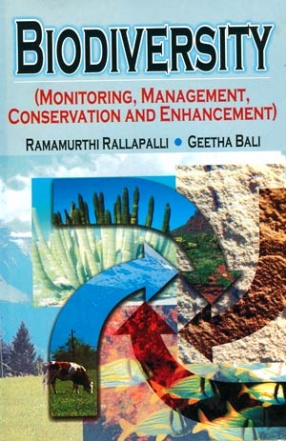
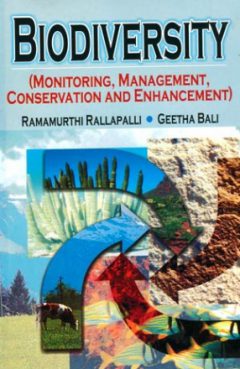
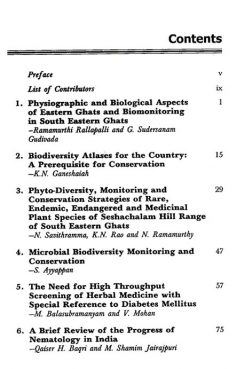





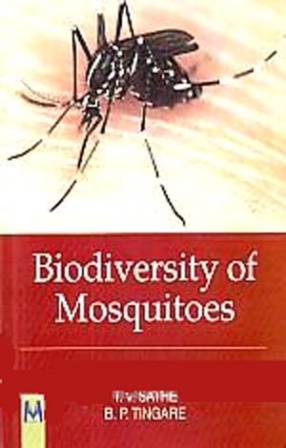
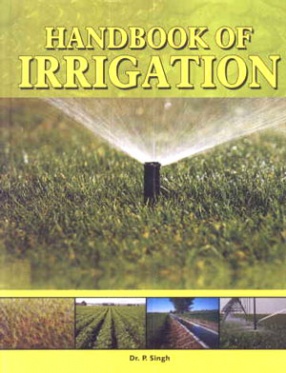
There are no reviews yet.